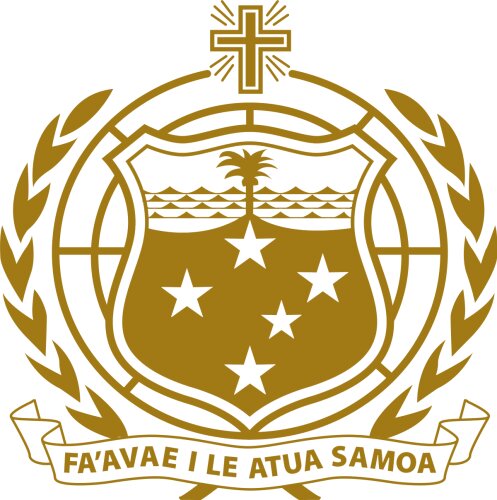Best Native People Lawyers in Samoa
Share your needs with us, get contacted by law firms.
Free. Takes 2 min.
Or refine your search by selecting a city:
List of the best lawyers in Samoa
About Native People Law in Samoa:
Native People in Samoa hold a unique legal status due to their indigenous heritage and cultural practices. They have specific rights and interests that are protected by both traditional customs and modern laws.
Why You May Need a Lawyer:
You may need a lawyer to help you navigate complex legal issues related to land ownership, inheritance disputes, or cultural preservation. A lawyer can provide guidance on how to protect your rights and interests as a Native Person in Samoa.
Local Laws Overview:
Key aspects of local laws that are particularly relevant to Native People in Samoa include the Land and Titles Act, which governs land ownership and titles, and the Village Fono Act, which regulates traditional village councils and decision-making processes.
Frequently Asked Questions:
What rights do Native People in Samoa have?
Native People in Samoa have the right to own and inherit land, participate in village councils, and practice their cultural traditions.
How can I protect my land rights as a Native Person?
You can protect your land rights by properly documenting ownership, seeking legal advice on land transactions, and staying informed about changes in land laws.
What is the role of the Village Fono in Samoan society?
The Village Fono serves as a traditional decision-making body that resolves disputes, enforces community rules, and preserves cultural practices.
Can non-Native People own land in Samoa?
Non-Native People can lease land in Samoa but are generally prohibited from owning land outright. Native People have priority in land ownership.
How can I resolve a dispute with a fellow Native Person?
You can seek mediation through the Village Fono or pursue legal action through the courts if necessary. It is advisable to consult with a lawyer for guidance.
What is the process for obtaining a title in Samoa?
The process for obtaining a title in Samoa involves submitting an application to the Lands and Titles Court, providing evidence of right to the title, and going through a hearing before the court.
What are the penalties for violating traditional customs in Samoa?
Penalties for violating traditional customs in Samoa can vary depending on the nature of the offense and may include fines, community service, or temporary exile from the village.
How can I ensure my cultural heritage is preserved for future generations?
You can preserve your cultural heritage by actively participating in traditional ceremonies, passing down oral histories, and documenting cultural practices for future generations.
Can I seek legal advice for free as a Native Person in Samoa?
There may be free legal clinics or organizations that provide pro bono services to Native People in Samoa. It is recommended to inquire with local legal aid organizations for assistance.
What should I do if I believe my rights as a Native Person have been violated?
If you believe your rights have been violated, you should seek legal advice from a qualified lawyer who can assess your situation and advise you on the best course of action to take.
Additional Resources:
For additional resources and assistance related to legal issues for Native People in Samoa, you can contact the Samoan Law Society, the Ministry of Justice and Courts Administration, or local community organizations that specialize in indigenous rights.
Next Steps:
If you require legal assistance in matters concerning Native People in Samoa, it is important to seek guidance from a lawyer experienced in indigenous rights and local laws. Schedule a consultation to discuss your specific needs and explore the best way to protect your rights as a Native Person in Samoa.
Lawzana helps you find the best lawyers and law firms in Samoa through a curated and pre-screened list of qualified legal professionals. Our platform offers rankings and detailed profiles of attorneys and law firms, allowing you to compare based on practice areas, including Native People, experience, and client feedback.
Each profile includes a description of the firm's areas of practice, client reviews, team members and partners, year of establishment, spoken languages, office locations, contact information, social media presence, and any published articles or resources. Most firms on our platform speak English and are experienced in both local and international legal matters.
Get a quote from top-rated law firms in Samoa — quickly, securely, and without unnecessary hassle.
Disclaimer:
The information provided on this page is for general informational purposes only and does not constitute legal advice. While we strive to ensure the accuracy and relevance of the content, legal information may change over time, and interpretations of the law can vary. You should always consult with a qualified legal professional for advice specific to your situation.
We disclaim all liability for actions taken or not taken based on the content of this page. If you believe any information is incorrect or outdated, please contact us, and we will review and update it where appropriate.
Browse native people law firms by city in Samoa
Refine your search by selecting a city.









